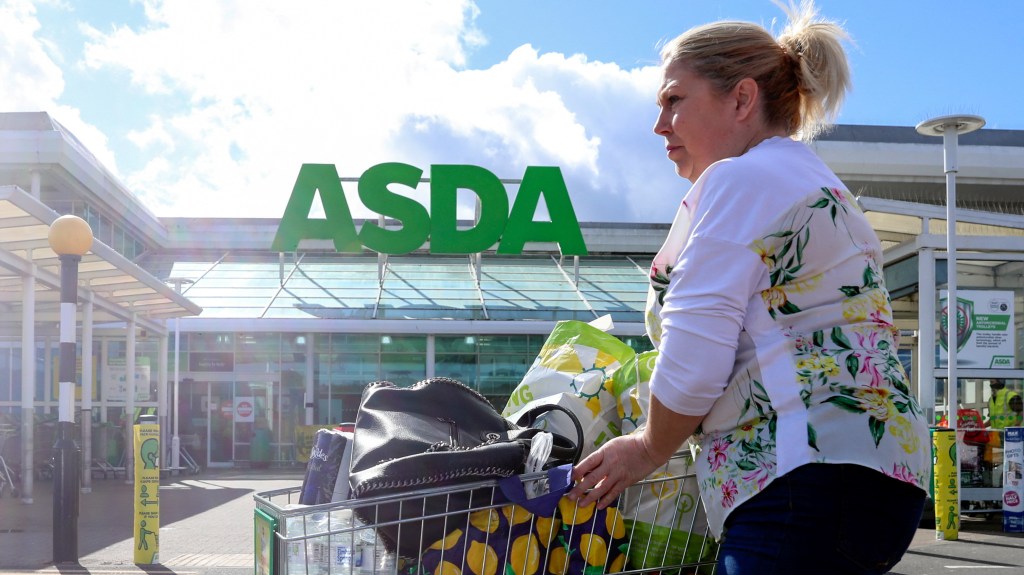Starling Bank Faces Regulatory Scrutiny and Fines
Starling Bank’s ambitious £10 billion valuation now seems increasingly unrealistic following a severe review by the Financial Conduct Authority (FCA). The recent scrutiny has changed the perception of the bank from an emerging challenger to a risky investment option.
The FCA recently imposed a hefty £29 million fine on Starling, criticizing its “shockingly lax” controls, which it stated had left the financial system vulnerable to criminal activities, including potential dealings with individuals on government sanction lists post-Russia’s invasion of Ukraine. The regulator’s extensive 31-page report raises serious concerns, especially for Starling’s former CEO and founder, Anne Boden. Although current chairman David Sproul has expressed regret and claimed that the bank is rectifying its issues, he has been in his role since October 2021 and shares some responsibility.
Starling has experienced significant growth, expanding from 43,000 customers in 2017 to 3.6 million by 2023 and boosting revenues from £13,000 in 2016 to £453 million in 2023. However, this rapid expansion was accompanied by a deficient “anti-money laundering and sanctions framework,” which allowed many unscrupulous individuals to open accounts. The FCA pointed out that Starling’s measures to combat financial crime did not keep up with its growth trajectory.
In 2021, amidst broader assessments of challenger banks, Starling consented to a voluntary requirement (Vreq) that restricted it from opening accounts for high-risk customers until its systems were improved. Nevertheless, between September 2021 and November 2023, the bank opened 54,000 accounts for 49,000 such customers, failing to notify the FCA of this violation until August 2022.
An independent review commissioned by Starling criticized the senior management team for lacking the necessary experience to enforce the Vreq effectively. The report highlighted a lack of cohesive direction, noting that there was no single individual accountable for overseeing compliance.
The FCA also discovered a “system misconfiguration” dating back to July 2017, which compromised Starling’s capability to screen sanctioned individuals properly. When the issue was addressed, nearly four million historical transactions prompted 795,712 alerts, indicating numerous potential breaches of financial sanctions.
These revelations raise questions about the circumstances surrounding Boden’s recent departure from the board after resigning as CEO earlier this year. Starling maintains that the FCA’s report did not directly influence her decision to leave. Boden, who retains a 5% equity stake and over 18% of voting rights, has not commented on the matter.
The FCA’s findings may shed light on previous tensions between Boden and former counter-fraud minister Lord Agnew, who accused Starling of negligence concerning fraudulent claims related to Covid-19 bounce-back loans. Boden vehemently contested these allegations, but the FCA’s conclusions seem to support Agnew’s criticisms.
Starling has since appointed new leadership in ex-Ovo energy chief Raman Bhatia and chief risk officer Cyrille Salle de Chou. However, Sproul’s role remains uncertain given the bank’s aspirations for an initial public offering, and the £2.5 billion valuation from its 2022 funding round now appears excessively optimistic, especially in light of last year’s £301 million pre-tax profits.
Investor Reactions: JD Sports and Market Trends
Amid these developments, JD Sports Fashion faces its challenges, specifically from its key partner Nike, which reported a 10 percent decline in quarterly sales and revised its full-year guidance downward. While this could have significant implications for JD Sports, the immediate impact appears more manageable than anticipated.
JD’s half-year results led to a 6 percent drop in share prices to 140p, primarily due to analyst forecast adjustments influenced by a stronger pound, although more than 30 percent of its earnings now come from outside the UK. The company’s 6.4 percent organic growth indicated resilience, with underlying pre-tax profits of £406 million slightly exceeding expectations. CEO Regis Schultz reaffirmed the full-year guidance of £955 million to £1.04 billion.
Schultz’s prior miscalculations during the Christmas season have raised investor concerns, but the introduction of more sought-after products from Adidas and New Balance has eased worries, along with the seamless integration of Hibbett, which was acquired for £878 million.
UK Equity Fund Withdrawals
In the broader market, investor sentiment appears shaky as evidenced by a significant £666 million withdrawal from UK-focused equity funds last month, according to Calastone. Edward Glyn, its global markets head, suggested that the government’s negative outlook on the UK economy has hindered recovery in interest in UK equities following a resurgence in July. This reflects ongoing pessimism, with UK funds experiencing monthly outflows since May 2021. Overall, the financial landscape requires careful navigation as multiple factors contribute to market volatility.




Post Comment